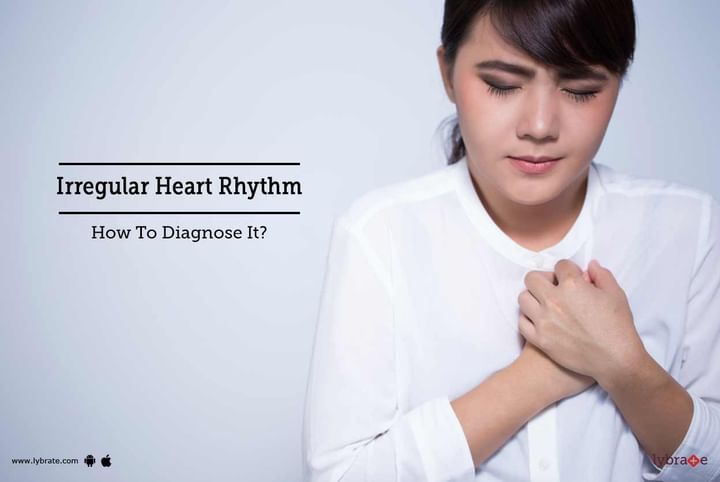Irregular Heart Rhythm - How To Diagnose It?
Are you experiencing irregular and fluctuating heartbeats? Is your heartbeat too fast or too slow? If yes, then it signifies that you are suffering from arrhythmias or abnormal heart rhythms. This is a disorder which affects the heart rate or heart rhythm and the heartbeat becomes irregular.
Causes of abnormal heart rhythms
Arrhythmias occurs due to problems with the electrical conduction system of the heart. In this case, abnormal signals might occur; the electrical signals might get blocked or slowed down, or the electric signals may travel in different paths throughout the heart. Abnormal heartbeats are commonly caused by the following:
- Abnormal potassium levels in the body
- Heart attacks or due to a damaged heart muscle, owing to a previous heart attack
- Inborn heart diseases
- Cases of an enlarged heart and heart failure
- Overreaction of the thyroid gland
- Several other substances or medicines may lead to arrhythmias, such as alcohol, stimulant drugs, caffeine, nicotine, and antidepressant medicines or blood pressure medicines.
Common symptoms of this condition apart from irregular heartbeat patterns include chest pain, fainting, dizziness and light-headedness, trouble in breathing and paleness.
Diagnosis of abnormal heart rhythms
For the diagnosis of arrhythmias, your doctor will use a stethoscope to listen to your heartbeat. Several health monitoring devices are used to detect abnormal heart rhythms. These include the Holter monitor and the event monitor, or a loop recorder.
Other diagnosis tests which are required to be carried out include coronary angiography, ECG or electrocardiogram, and an echocardiogram. A test known as an electrophysiology can be undertaken for getting a closer look at the electrical system of the heart.
Treatment for abnormal heart rhythms
When a case of arrhythmias is severe, urgent treatment is required for restoring the heart’s rhythm to normal. The different forms of treatment are as follows:
- Electrical shock therapy such as defibrillation or cardioversion
- Implanting of a heart pacemaker for a short term
- Certain medications which are given through the veins or orally
- A group of medicines known as anti-arrhythmic drugs is used for the prevention of recurrence of the condition and to keep the heart rate from fluctuating continually.
- Cardiac ablation may be carried out for destroying some areas in the heart from where the rhythm problems are caused.
- An implantable cardiac defibrillator is used in people who are at a risk of facing cardiac death.
In case you experience abnormal heart rhythm, you must consult a doctor immediately. You should only start taking medicines and follow a treatment after it has been recommended by a doctor.



+1.svg)
